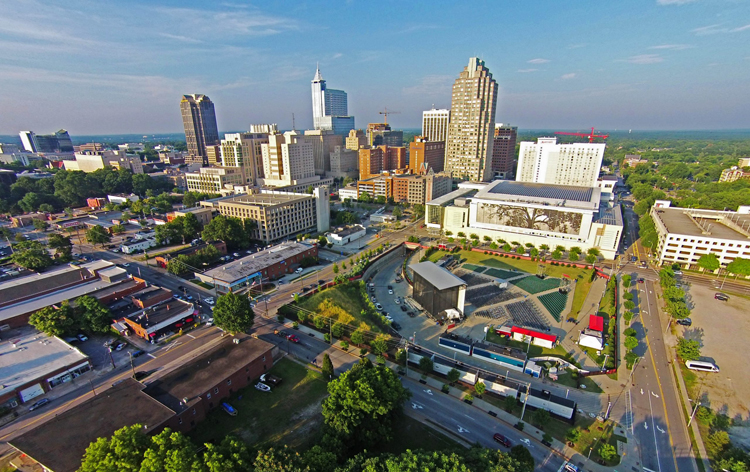South Carolina, situated in the southeastern region of the United States, is a state celebrated for its diverse and captivating environment. But there are environment issues the state of SC has to deal with!
Urban ecology in Charleston
A major issue of our century, ecology is one of the most recurring themes in the news. Global warming, environmental pollution and the extinction of certain animal species constitute many reasons which should lead us to be vigilant and react.
Urban ecology today makes it possible to bring together the consideration of all environmental issues linked to the city, or its peri-urban environment, through popularization, and with the aim of raising public awareness of environmental issues. It aims to shed light on the latter by integrating them into territorial policies to limit, or remedy, bad environmental impacts. In this case, what do you need to know about this concept?
Where does the concept of urban ecology come from
We often tend to invoke the gardens of Babylon when we talk about urban ecology. In fact, it is the Chicago School which is at the origin of the first current of urban ecology with an approach directly linked to scientific ecology. Urban ecology is then an interdependence between city dwellers and their urban environment. This notion of ecological footprint was established around the world in the 2000s.
What does Urban Ecology mean
Urban ecology is a concept that brings together the ecological issues of urban life, including from the point of view of global change. It defends a transversal approach to all themes linked to the promotion of sustainable lifestyles in urban areas, particularly at the level of transport services, town planning, housing, the fight against pollution, democracy and local economies… In this case, the concept of sustainable cities is better known especially within large cities.
At the American level, networks of sustainable cities have been formed, notably around ICLEI (International Coubcil for Local Environmental Initiatives) where nearly 500 governments, cities or local authorities, engaged in development paths, met in 2006. sustainable. In the differential management experiment, participants tended to understand the links between urban biodiversity and ecological functions, as well as ecosystem services.
What strategy should we adopt for an effective urban ecology
If we refer to South Carolina’s state strategy for biodiversity, the State is committed to respecting six commitments, one of which focuses on the restoration of natural environments and ecological continuities, including the green and blue networks. urban.
This strategy allows it to fight, among other things, against invasive species present in the city. Indeed, this implies that stakeholders must create a green space in their industry, or that they must be strongly involved in the restorative management of nature in the city.
Concerning the link with modes of travel, the urban environment is called upon to use gentle modes of travel so that the ecological footprint is as small as possible. Indeed, for several years, non-motorized modes of transport such as walking, cycling and scooters have been strongly recommended because they have very little impact on the environment.
In the case of vehicles, the use of hybrid, or 100% electric, vehicles allows an individual to reduce carbon emissions and it is by following this concept that the government, as well as certain organizations, offer aid to those who wish to reconvert to this form of sustainable ecological gesture. However, the eras of bicycles, bus stops and other urban structures harm biodiversity because these infrastructure networks should be green spaces within the city of Charleston. In this case, the solution is to favor the use of spaces by promoting the planting of local plants and thus considerably reduce urban pollution, while ensuring better filtration of rainwater.
To conclude, green spaces and the sustainability of plants in cities have significant effects on public health. So, let’s try to dedicate a completely plant-based space to improve our quality of life and that of our planet.

